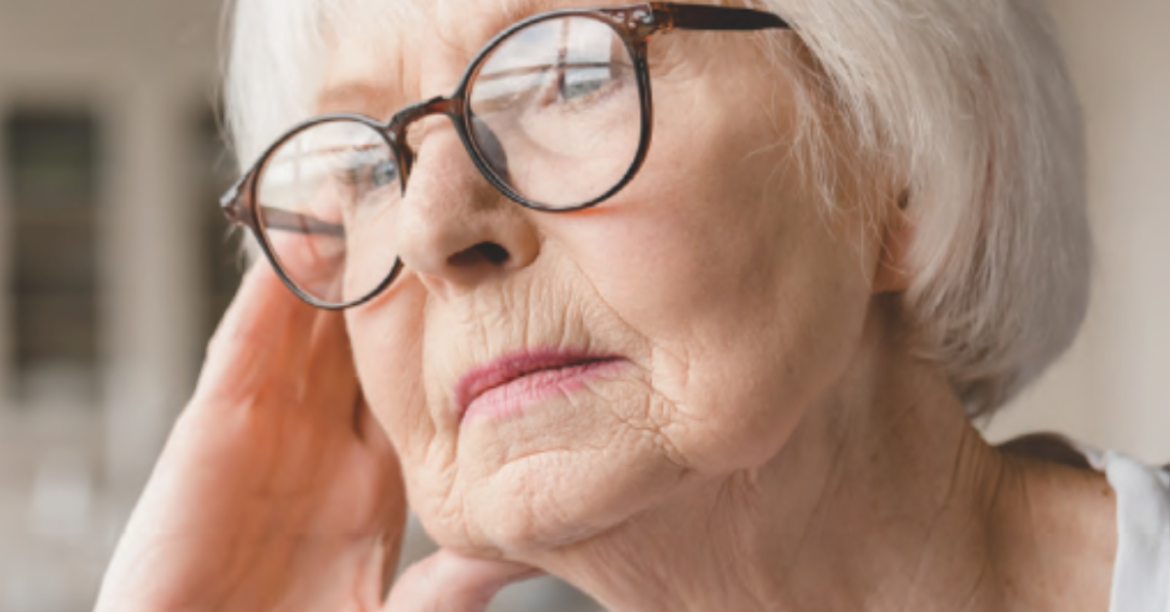
Gary and Iris were high school sweethearts, marrying when they were 18 years old. He completed college and began working as an auditor in the federal government. Together they raised five children and loved spending time with their eight grandchildren and four great-grandchildren.
“It was a good life with our children, friends, all the things you do as a family,” Gary said. Iris was the “life of the party,” inviting people over for dinner and planning family gatherings.
In 2015, Iris began misplacing objects and getting lost during her neighborhood walks. She no longer wanted visitors. “Something wasn’t right,” he remembered. Doctors confirmed his suspicion: Iris had Alzheimer’s disease.
Everything changed. Immediately it was about how to care for her. At first, symptoms were mild. There were good days spent listening to music, eating out, and playing games with the grandchildren. “I realized my job was to care for her in the best way possible,” he said.
“They prepared us for what was to come. Everyone worked to keep her calm and comfortable. We will never forget that,” he said.
As the disease progressed, Iris was unable to move on her own, dress or use the bathroom without assistance. “It broke my heart to see her struggle,” Gary said. “All of us were devastated by how much the illness changed her.”
Her physician suggested Chesapeake Supportive Care where they found resources and expert guidance to care for Iris and the family. When her symptoms worsened, Iris entered hospice care.
“They prepared us for what was to come. Everyone worked to keep her calm and comfortable. We will never forget that,” he said. Iris died in 2021, her family by her side.
“Afterward, it was hard for me to even function — we were married 60 years,” Gary said. He turned to Chesapeake Life Center‘s grief support services. The range of services, which include one-on-one counseling, are free for a year after a loved one’s death.
“There were so many times when I was overcome with losing Iris, first to Alzheimer’s and then to her actual passing,” he said.
“Counseling helped me find my footing, my new normal.”
He still has days when he’s overwhelmed with loss, but he feels more prepared to manage his feelings. “Iris is always in my heart,” he said. “I’ve learned how to live for today and be there for our family.”
That includes the latest addition: great-grandchild number five. Her name? Abigail Iris.


